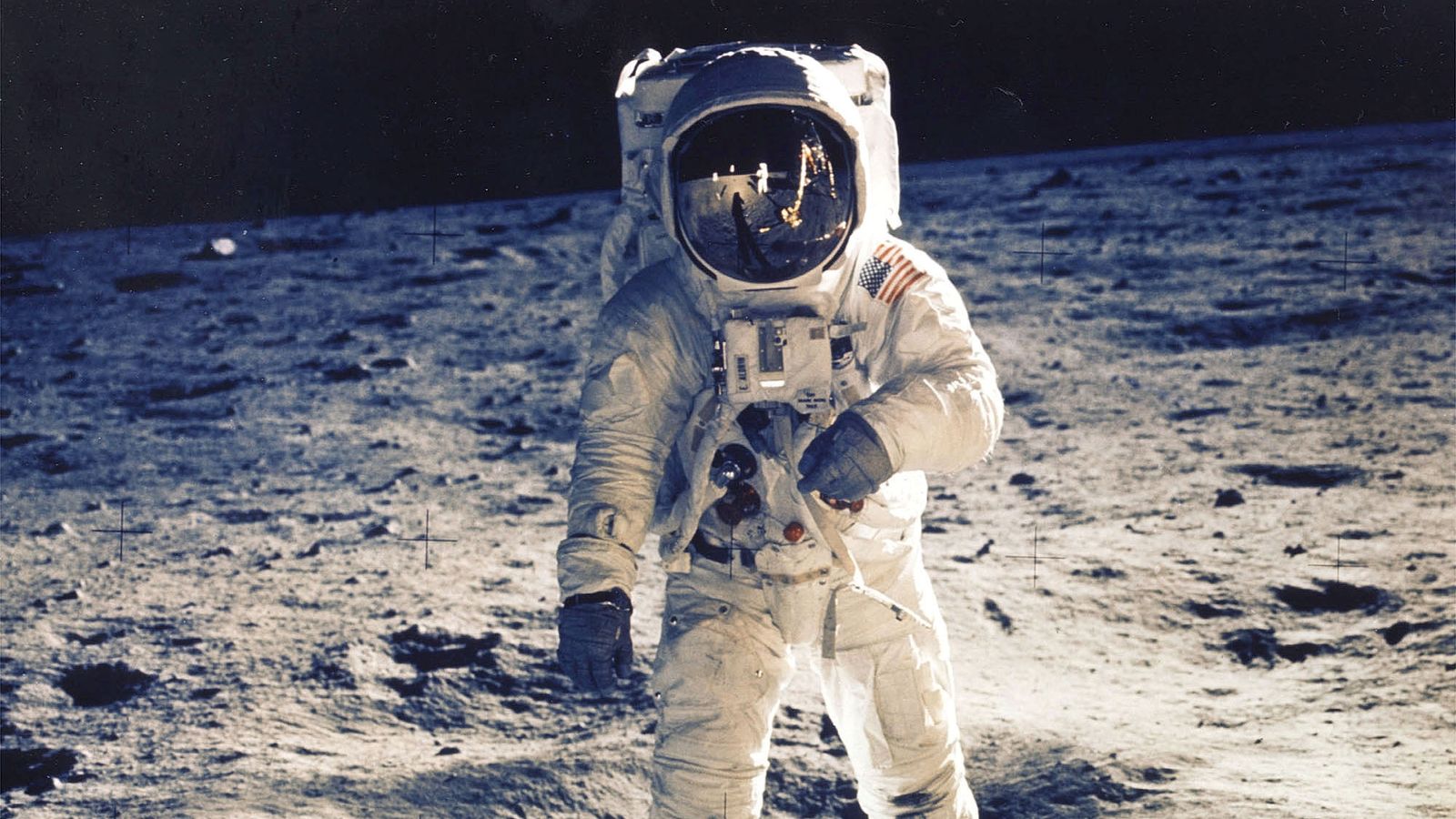NASA programme to land the first woman and the next man on the moon by 2024 is “unlikely” to be achieved, according to an audit report by the agency’s office of inspector general.
The report warns the space agency “will be hard-pressed” in “achieving any date close to this ambitious goal”, although it could potentially do so with “strong, consistent, sustained leadership from the president… as well as stable and timely funding”.
NASA’s Artemis programme, named after the mythological sister of Apollo, the first moon mission’s namesake, aimed to take the first woman and the next man to the lunar surface by 2024 – although that date is now in question.
While president-elect Joe Biden has named the members of his NASA transition team, he hasn’t yet set out his administration’s priorities for the space agency or the Artemis programme.
Alongside the astronaut landings, NASA had intended to establish a “Lunar Gateway” outpost which will be orbiting the moon by the mid-2020s, and then lunar landers to deliver cargo to the surface by the late 2020s.
The OIG report stated that due to numerous challenges facing the Lunar Gateway mission, “we anticipate further schedule delays and cost increases, making the Gateway unlikely to be available for the planned 2024 lunar landing”.
It is not clear whether these missions will continue at all or if they will postponed.
Some reports expect that, as president, Mr Biden would re-prioritise the agency’s climate change research, refunding missions which the Trump administration sidelined.
His administration could then push the lunar landing date back until 2028, in-line with a proposed bill from the US House science committee which endorsed plans to venture to Mars, but on a longer timescale.
The OIG report stated: “Over the past decade, our oversight work has found NASA consistently struggling to address each of these significant issues and the Artemis mission’s accelerated timetable will likely further exacerbate these challenges.”
The agency had always acknowledged that the 2024 date was an “ambitious timeline”, noting that spaceflight systems “can take six to eight years to develop” when there were less than five years to go for the agency to meet its 2024 target.
